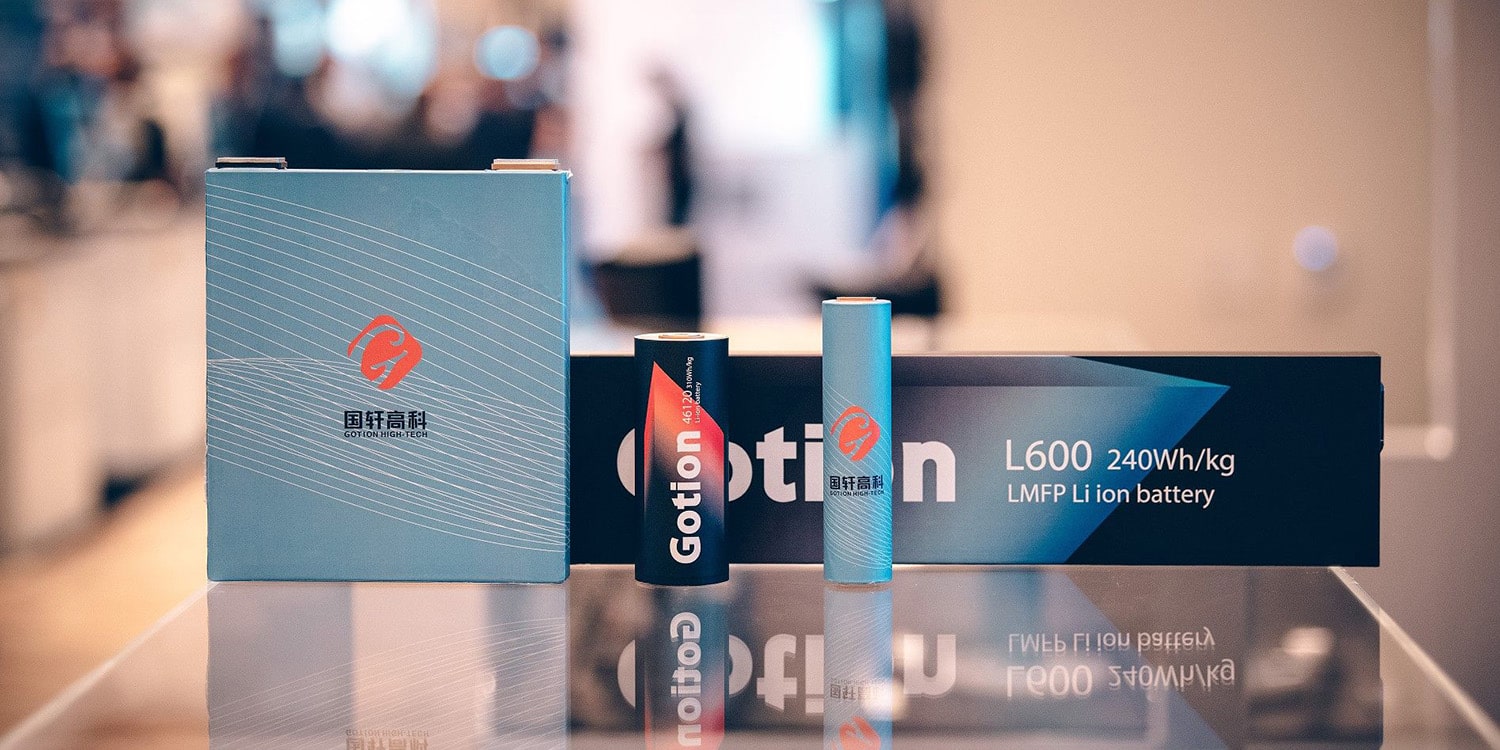Tata Group is reportedly considering spinning off its battery cell subsidiary, Agratas, in a move that could see the division raise funds and go public in Mumbai. Bloomberg reports, citing insiders, that Tata Group’s electric vehicle (EV) business may also be in line for a similar fate.
According to the report, Tata is in the early stages of discussions regarding the potential separation of its battery business into an independent unit. The sources, who spoke on the condition of anonymity due to the private nature of the matter, suggested that a listing could value Agratas at between $5 billion and $10 billion.
See also: Tata Launches Electric Version of Its Compact SUV, the Punch, in India
Agratas, a wholly-owned subsidiary of Tata, recently announced plans to establish a battery cell factory in Gujarat, India, with an initial annual capacity of 20 GWh. The company is also planning to set up another cell factory in Bridgwater, UK.
In January, Bloomberg News reported that Agratas was in talks with banks to raise $500 million via a green loan to support the development of its factories.
Last summer, Jaguar Land Rover (JLR), also owned by Tata, named Agratas as its leading supplier for future electric cars, although these models have yet to be launched. JLR recently scaled back its EV plans, aiming to launch only four, rather than six, full battery electric vehicles (BEVs) by 2026. The Jaguar I-Pace is currently JLR’s only electric car.
Tata Motors, on the other hand, was listed as India’s most valuable carmaker last month, buoyed by its strong position in SUVs and EVs. The company sold over 50,000 electric cars in India last year and plans to launch ten electric models by March 2026.
In November 2023, Tata announced that its Tata Passenger Electric Mobility unit would utilize the 800-Volt platform EMA developed by JLR to launch the Avinya EV, marking the start of a ‘Premium Pure Electric’ vehicle series.
Despite the success of its EV ventures, Tata appears to be considering similar spin-off plans for its electric vehicle business. The Bloomberg sources suggested that the EV operation may go public as a separate company, potentially prompting some existing investors to exit.






